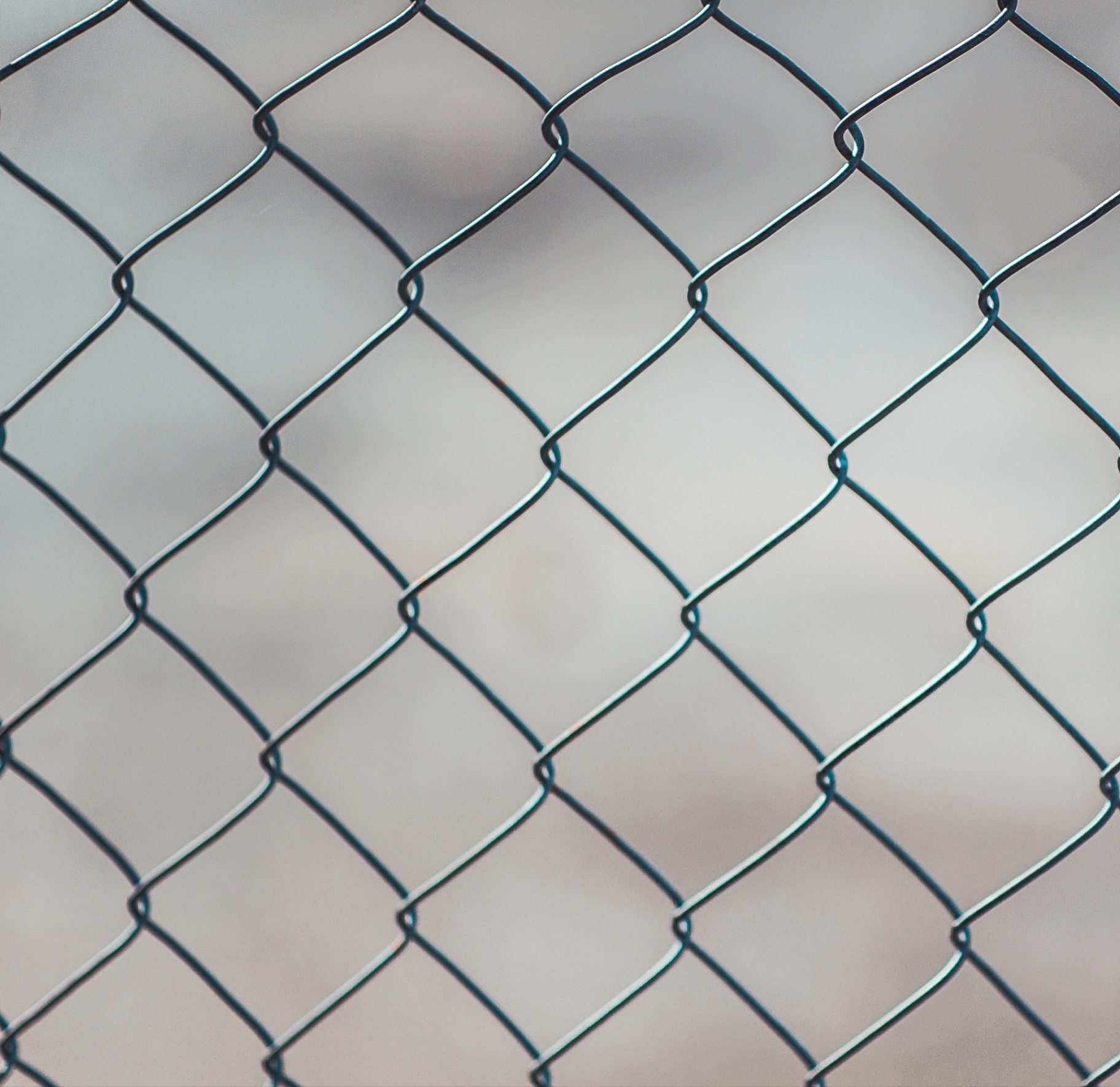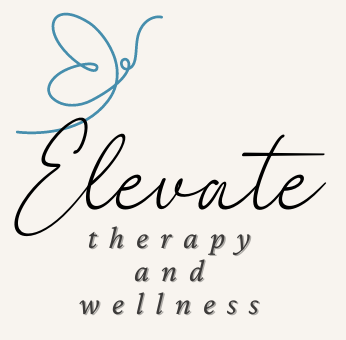Boundaries

Boundaries
Written by Henry Wittenberg for Ashley Evans
“Boundaries are the distance at which
I can love you and me
simultaneously.”
Prentis Hemphill
Boundaries (people also call them “personal boundaries”) represent our personal limits. In essence, they are the maximum of what we feel comfortable with experiencing in our lives in relation to other people, events, situations, etc. They provide space between ourselves and others, both physically and emotionally.
The quote from Prentis Hemphill above sums it up beautifully, suggesting that with a healthy boundary, you do not compromise your own well being by a boundary being too weak, and is strong enough for you to feel safe within it.
Boundaries are the cornerstone of healthy interpersonal relationships. Boundaries are something that many of us were never taught, so we know nothing concrete about them which means we likely weren’t taught them directly. They weren’t modeled for us by our primary caregivers, or in some cases, our boundaries were repetitively abused or ignored completely.
Author Dr. Nicole LePera (@the.holistic.psychologist on Instagram) summarized boundaries in her recent teachings:
“Types of boundaries:
Physical Boundaries: boundaries around our physical limits and personal space needs.
Emotional Boundaries: boundaries around how you feel, who you engage with, and what parts of yourself you share.
Resource Boundaries: boundaries around your time and energy.
Material Boundaries: boundaries around your things, how they’re used, and how they’re treated.
”
These are excellent definitions, but what does that mean for us in our day-to-day lives? Dr. LePera goes on to explain these types of boundaries in everyday life using examples of boundaries being clearly stated:
Material Boundaries Sound Like:
“I don’t allow people to drive my car, I’m uncomfortable with that”
“You’re welcome to wear my clothes, just please bring them back the next day”
“If you’d like to borrow my things, please ask first.”
“I was wondering if you would be comfortable if I used your computer tomorrow morning to do emails”
Physical Boundaries Sound Like:
I’ve had a really tough week, I need some time to myself to rest.”
“Please do not touch me like that again.”
“Please knock before coming into my room/office.”
“I am going to sit down and grab a glass of water.”
Resource Boundaries Sound Like:
“I can come, and am only able to stay for an hour before I head home.”
“Saturday afternoons is the time I recharge, so I won’t be available.”
“Do you have the time in your day to chat for 15 minutes about this?”
“I’m open to collaborating in the future, I just don’t have the space for that now.”
Emotional Boundaries Sound Like:
“I’m not in a good headspace to support you around this right now.”
“Do you have the ability to listen for about 15 minutes while I share what’s been happening for me recently?”
“I am going to need to pause from this conversation and take a break, I’m at my max emotionally.”
“This isn’t the right time to talk about this.”
If you are new at setting boundaries it is going to feel weird, like you are taking something away from another, and you wonder if you even have the right to impose a boundary with that person or group. This is normal – it gets easier with practice. It has been suggested that the people who will have a problem with your boundaries are the ones that are benefiting from you not having boundaries. While that sounds harsh, it may actually be true to varying degrees. The awkwardness and guilt associated with boundary setting comes from codependency.
“My boundaries were not created to offend you.
They were created to honor me”
Alexa, Behaviour Analyst (@yourbeautifullife on Instagram)
How do we set effective boundaries?
Start with small boundaries.
Be clear, but there is no need to over explain yourself.
Try to speak calmly without emotion about your experience of what the boundary is pertaining to, not the other person’s involvement in it. For example “I feel “______” when you raise your voice at me.” as opposed to “You make me feel “_______” when you yell at me.” The latter is a statement that gives power over how you feel to another, and it places blame. The only person with power over how you feel is you; how you choose to react in a situation will determine your feelings.
Practice expressing your boundaries in the mirror, or to a trusted friend who will listen to you.
If in your boundary you have a consequence for a crossed boundary, follow through if a boundary is crossed.
Building boundaries builds self-worth. Healthy people understand that boundaries aren’t meant to be punitive, retaliatory or rude. They understand the reason for boundaries, create boundaries where necessary, and respect the boundaries of others.
If you would like personal guidance on the creation of good, healthy boundaries, or another aspect of your life that feels blocked or “stuck”, please contact Ashley Evans at Elevate Therapy and Wellness to make an appointment.

